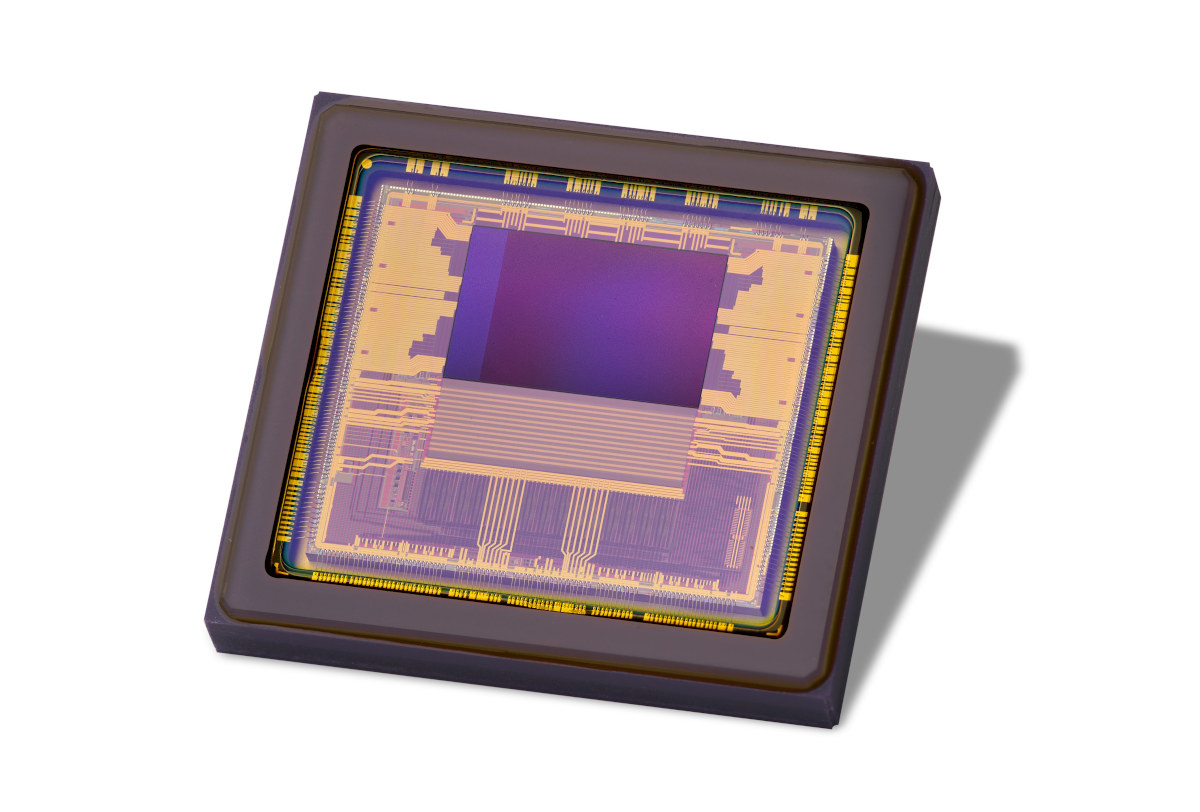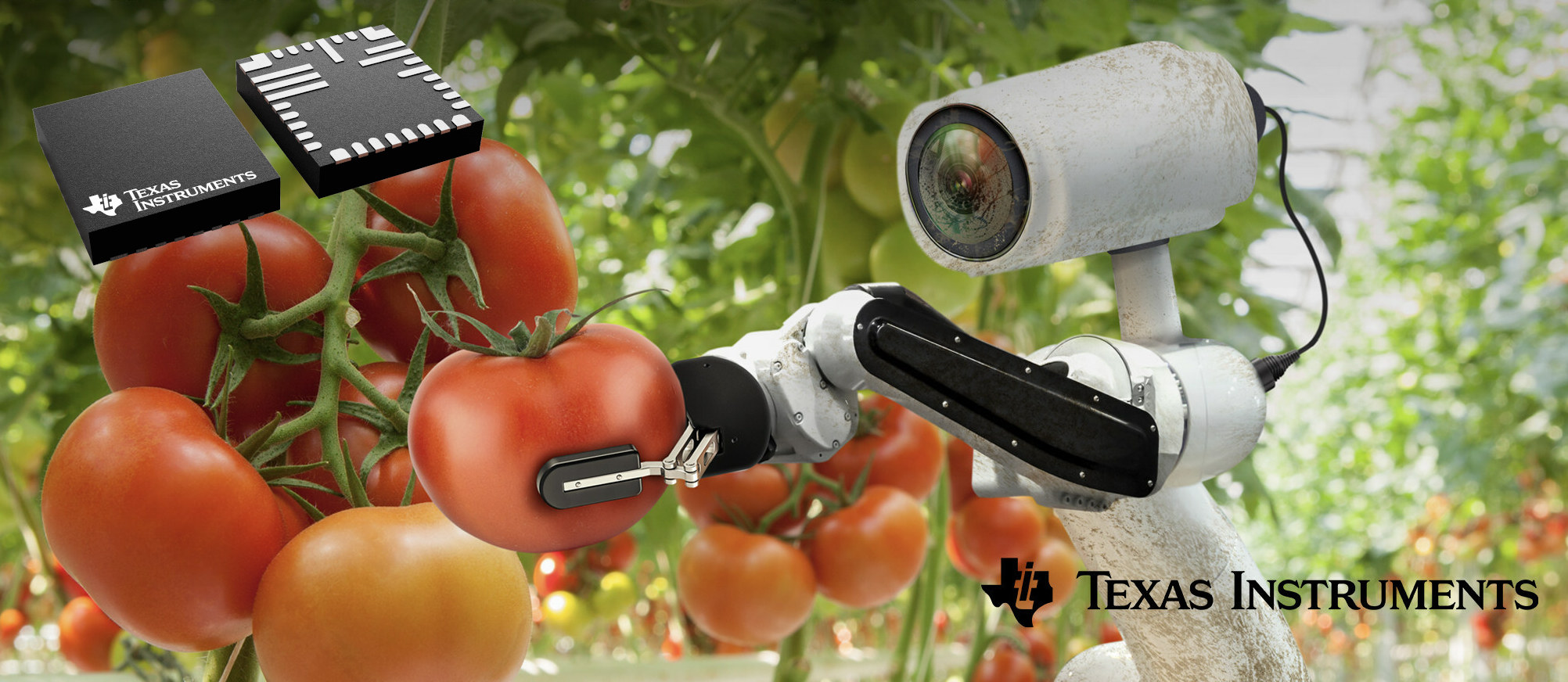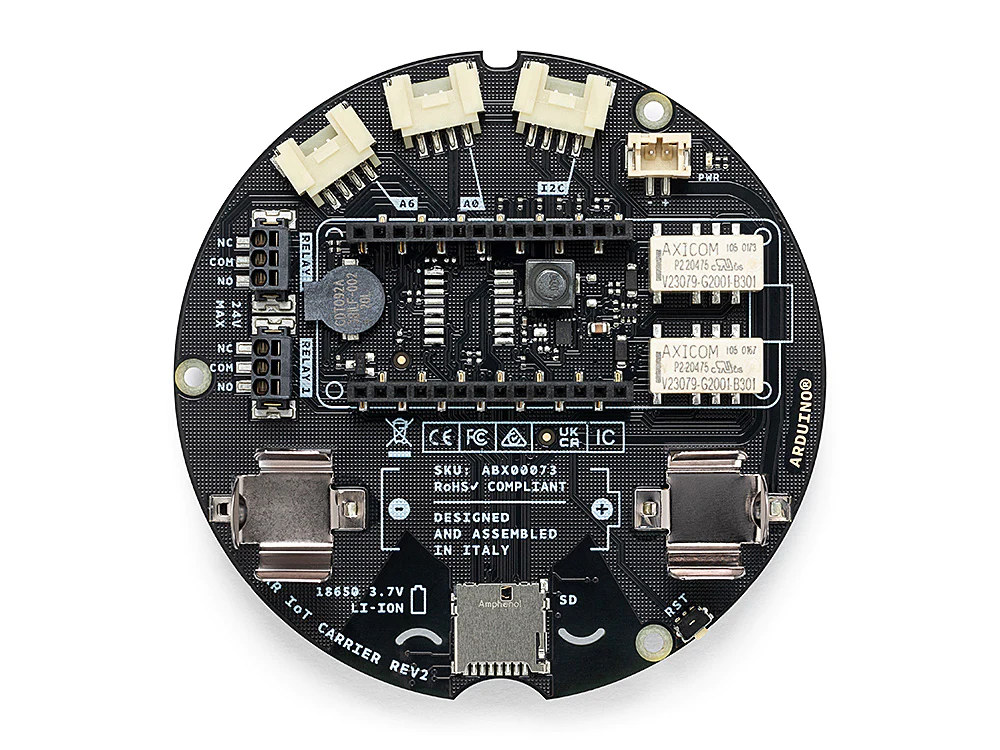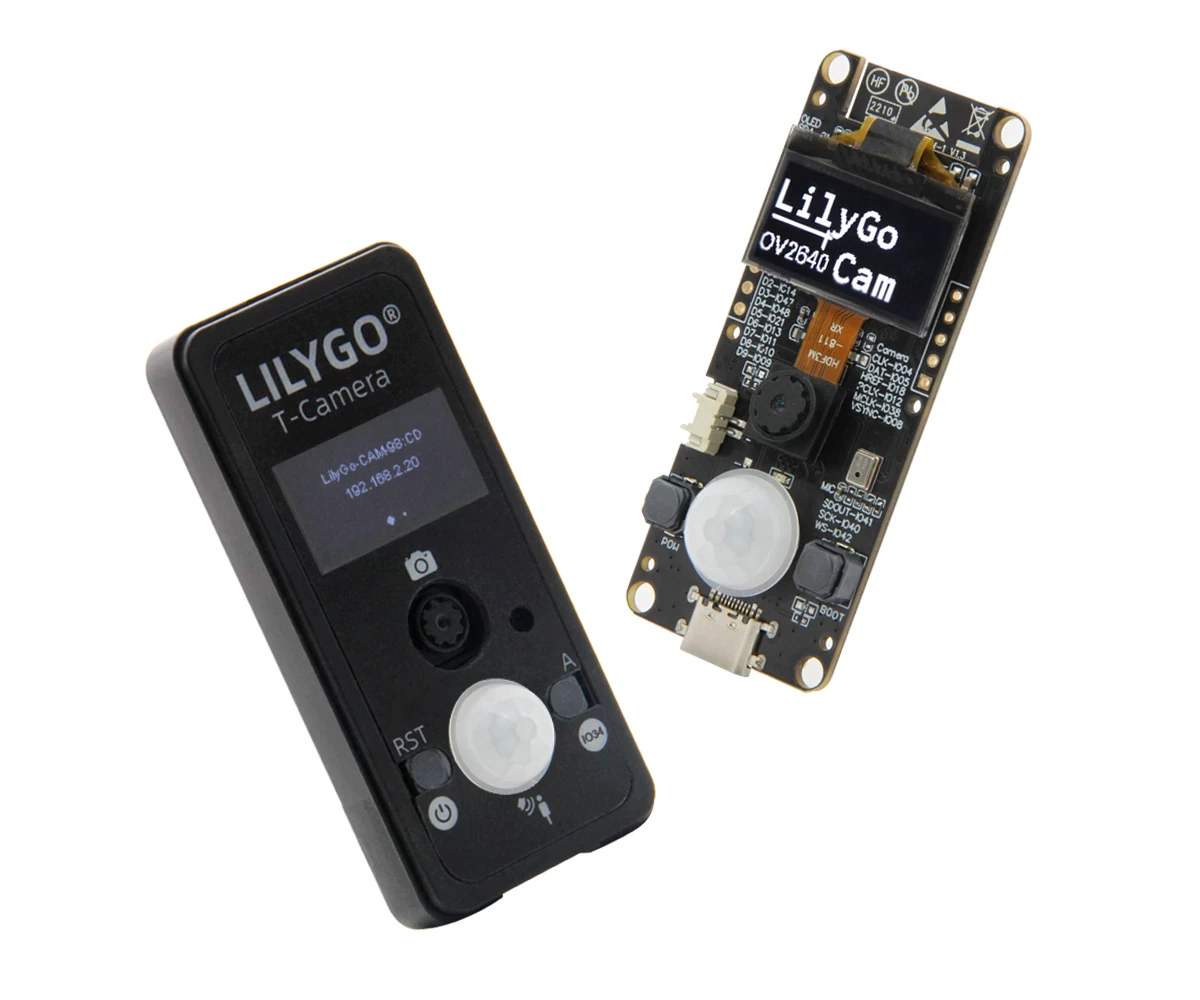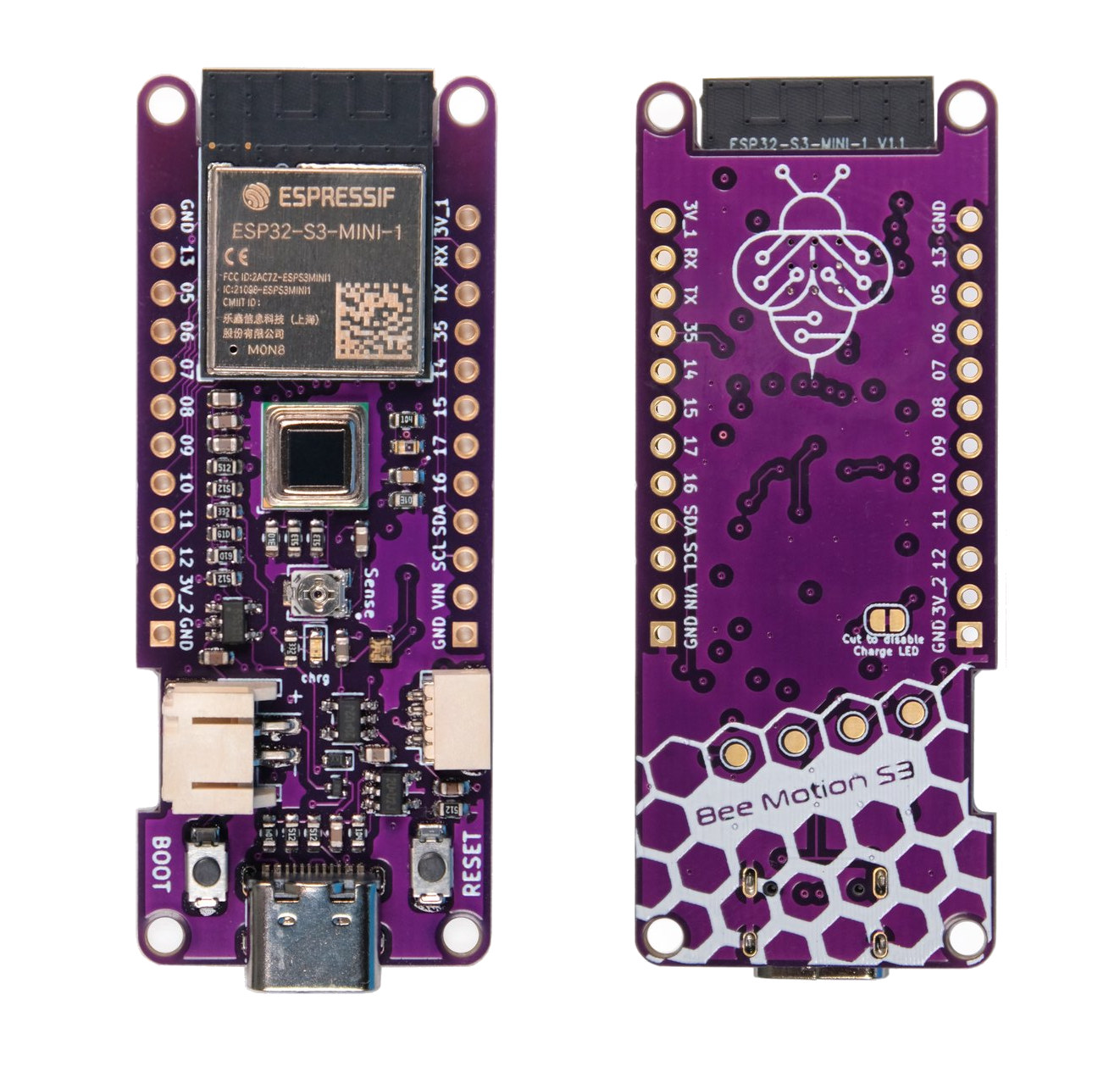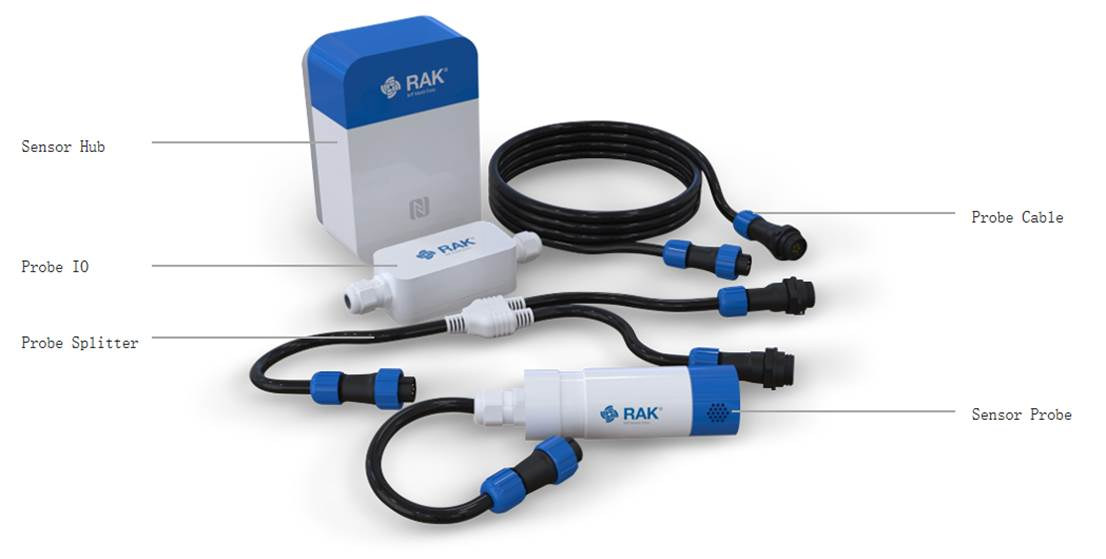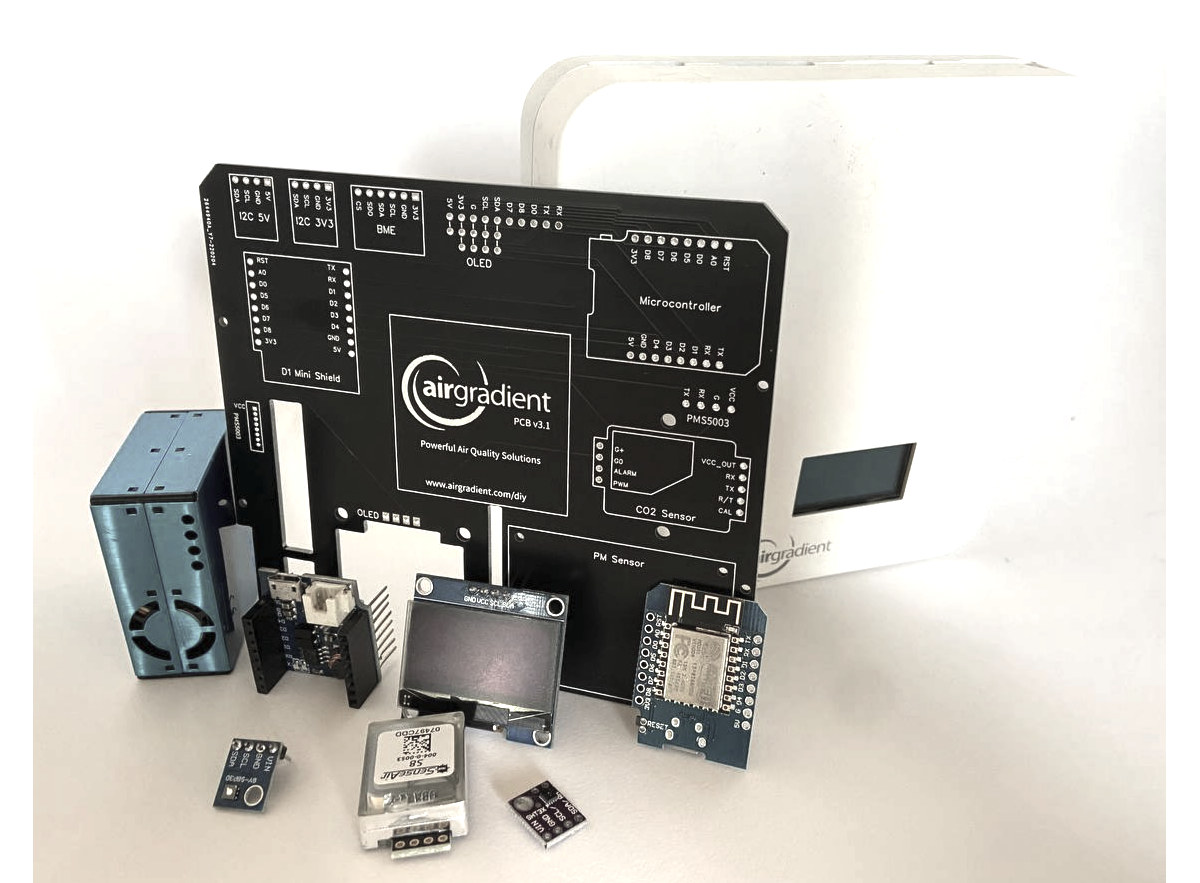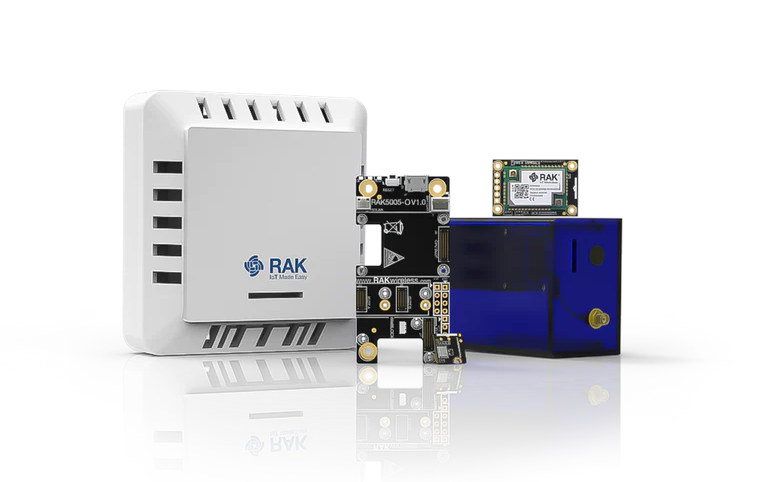Teledyne e2v Hydra3D+ is a high-resolution Time-of-Flight (ToF) CMOS image sensor with 832 x 600 resolution, designed for real-time 3D detection and measurement without motion artifacts. The first ToF sensor I used was an STMicro VL53L0X ranging sensor that could measure distances accurately and quickly up to 2 meters away, then the company started to launch multi-zone ToF ranging sensors such as the VL53 that enabled new features such as touch-to-focus, multiple-target identification, flash dimming, or video tracking assistance, and one variant used for human detection. But the 832×600 resolution of Hyrdra3D+ brings even more interesting use cases with the ability to create 3D maps in real time. Hydra3D+ ToF sensor specifications: Sensor Resolution – 832 x 600 pixels Aspect Ratio – 4 : 3 Size type – 2/3″ (10.3 mm diagonal) Pixel type/size – square – Three-tap global shutter – gated global shutter / 10 μm Maximum frame rate […]
TI unveils ULC1001 ultrasonic lens cleaning chip for self-cleaning cameras
Texas Instruments (TI) has introduced the ULC1001 digital signal processor (DSP) ultrasonic lens cleaning (ULC) technology designed – when combined with DRV2901 piezo transducer driver – for self-cleaning camera systems to quickly detect and remove dirt, ice, and water using microscopic vibrations. Cameras used in the automotive, industrial, robotics, and smart farming industries may require cleaning from time to time and that usually means manual cleaning leading to potential downtime, higher maintenance cost, and so on. It could also be done through mechanical parts but that adds further complexity to the system, so instead, Texas Instruments ULC1001 and DRV2901 combo enables cameras to rapidly self-clear contaminants using vibrations to eliminate debris. The datasheet describes the ULC1001 as a “Configurable Ultrasonic PWM Modulator With I/V Sense Amplifiers” with the following specifications: Integrated Programmable Cleaning Modes Water (expelling) Deice (melting and expelling) Mud (dehydrating and expelling) Auto-Cleaning (detecting and expelling) Custom Cleaning […]
Arduino MKR IoT Carrier Rev2 gets a Bosch BME688 4-in-1 environmental sensor
Arduino has launched the MKR IoT Carrier Rev2 board for Arduino MKR boards with a Bosch SensorTech BME688 4-in-1 pressure, humidity, temperature, and gas sensor replacing the HTS221 humidity sensor and LP22HB barometric pressure sensor, and the LSM6DSOX taking the place of the LSM6DS3, among other some other small changes. First sold as part of the Arduino Oplà IoT Kit, the Arduino MKR IoT Carrier eventually became available on its own in February 2021 offering a display, sensors, and I/Os for Arduino MKR boards with wireless connectivity. The company has now introduced a second revision for the Arduino MKR IoT Carrier with new sensors and repositioning of some of the components following customer feedback. Arduino MKR IoT Carrier Rev2 features & specifications: Compatible with Arduino MKR family boards with WiFi, LoRa, NB-IoT, or 3G cellular connectivity Storage – MicroSD card holder Display – Round 1.3-inch OLED display with 240×240 resolution […]
T-Camera S3 – An ESP32-S3 board with camera, display, PIR motion sensor, and microphone
LilyGO has launched a new ESP32-S3 WiFi & BLE camera board with the T-Camera S3 also featuring a small display, a PIR motion sensor, and a microphone, as well as an optional plastic shell. The T-Camera S3 is an evolution of the TTGO T-Camera ESP32 board introduced in 2019 with many of the same features, but the ESP32 microcontroller has been replaced with an ESP32-S3 microcontroller with vector extensions that makes it suitable for machine learning and computer vision applications. The new board also comes with a larger 16 MB SPI flash, more I/Os, and a few other small changes. T-Camera S3 specifications: ESP32-S3-WROOM-1 wireless module SoC – ESP32-S3FN16R8 dual-core Tensilica LX7 microcontroller @ 240 MHz (Note: this SKU is not listed in the official ESP32-S3 datasheet) with 2.4 GHz 802.11n WiFI 4 and Bluetooth 5.0 LE connectivity Memory – 8MB PSRAM Storage – 16MB SPI flash Camera – 2MP […]
Bee Motion S3 – An ESP32-S3 board with a PIR motion sensor (Crowdfunding)
The Bee Motion S3 is an ESP32-S3 WiFi and Bluetooth IoT board with a PIR motion sensor beside the more usual I/Os, Qwiic connector, USB-C port, and LiPo battery support. It is at least the third PIR motion wireless board from Smart Bee Designs, as the company previously introduced the ESP32-S2 powered Bee Motion board and the ultra-small Bee Motion Mini with an ESP32-C3 SoC. The new Bee Motion S3 adds a few more I/Os, a light sensor, and the ESP32-S3’s AI vector extensions could potentially be used for faster and/or lower-power TinyML processing. Bee Motion S3 specifications: Wireless module – Espressif Systems ESP32-S3-MINI-1 module (PDF datasheet) based on ESP32-S3 dual-core Xtensa LX7 microcontroller with 512KB SRAM, 384KB ROM, WiFi 4 and Bluetooth 5.0 connectivity, and equipped with 8MB of QSPI flash and a PCB antenna USB – 1x USB Type-C port for power and programming Sensors PIR sensor S16-L221D […]
RAK2560 WisNode LoRaWAN & BLE Sensor Hub ships with a choice of sensor modules
RAKwireless RAK2560 WisNode Sensor Hub is a modular sensor gateway based on the RAK4630 WisDuo Stamp module with Nordic Semi nRF52840 Bluetooth 5.0 LE MCU and Semtech SX1262 LoRa/LoRaWAN transceiver and equipped with two sensor probe ports to connect a range of sensors. It ships with various sensors from a temperature and humidity sensor to a water level sensor, and is designed for outdoor operation with an IP66 design, waterproof probe connectors, and the ability to support a solar panel as the power source. RAK2560 WisNode Sensor Hub specifications: Core module – RAK4630 WisDuo Stamp Module with LoRa/LoRaWAN and BLE 5.0 connectivity through nRF52840 MCU and SX1262 radio chip Wireless Connectivity BLE – Bluetooth LE 5.0 with Long Range and High Speed (2 Mbps) support LoRaWAN – Full LoRaWAN band support, high-efficiency embedded LoRa antenna 860~930 MHz Cellular IoT – Optional RAK5860 NB-IoT module NFC tag for power on and […]
DIY air quality monitor is based on Wemos D1 mini ESP8266 board, Sensirion SGP41 TVOC sensor
Open AirGradient is a DIY air quality monitor based on the Wemos D1 mini ESP8266 WiFi IoT board programmed with Arduino and fitted with a range of sensors including an optional Sensirion SGP41 TVOC sensor through a custom PCB designed with EasyEDA. Two versions of Open AirGradient are available. The Basic model includes an OLED display, a Plantower PMS5003 PM sensor, a Senseair S8 CO2 sensor, and SHT30 or SHT31 temperature & humidity sensor, while the Pro version adds a larger display, a plastic enclosure, and support for the SGP41 TVOC sensor. Open AirGradient key components: MCU board Basic – Wemos D1 Mini Pro Pro – Lolin D1 Mini v4 with USB-C port Display Basic – Wemos OLED shield Pro – 1.3-inch OLED display Sensors Plantower PMS5003 PM sensor Senseair S8 CO2 sensor SHT30 or SHT31 temperature and humidity sensor module Optional Sensirion SGP41 TVOC & NOx sensor (Pro version […]
Giveaway Week – RAK Developer Kit (Air Quality Kit)
RAKwireless joined CNX Software’s Giveaway Week last year with the WisBlock Kit 2 LoRa-based GPS Tracker with Solar Panel, and the company is back for Giveaway Week 2022 with the RAK Developer Kit (Air Quality Kit) with LoRaWAN connectivity. The kit includes everything to get started to build an indoor air quality monitor and send the air quality information over LoRaWAN to the cloud/LoRaWAN server. It notably comes with a WisGate gateway and a Wisblock Node with an indoor enclosure. The kit contents and main specifications are as follows: RAK7246 WisGate Developer D0 with: Raspberry Pi Zero W board with Broadcom BCM2835 ARM11 processor @ 1GHz, 512MB RAM Storage – 16GB MicroSD card Connectivity 802.11 b/g/n WiFi and Bluetooth 4.0 via Cypress CYW43438 module found on RPi Zero W board RAK2246 Pi HAT LoRaWAN concentrator module with SX1308 baseband processor Frequency bands – RU864, IN865, EU868, US915, AU915, KR920, AS923 […]


